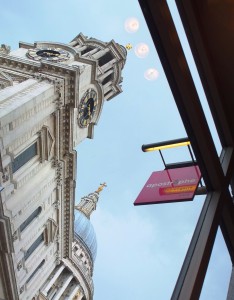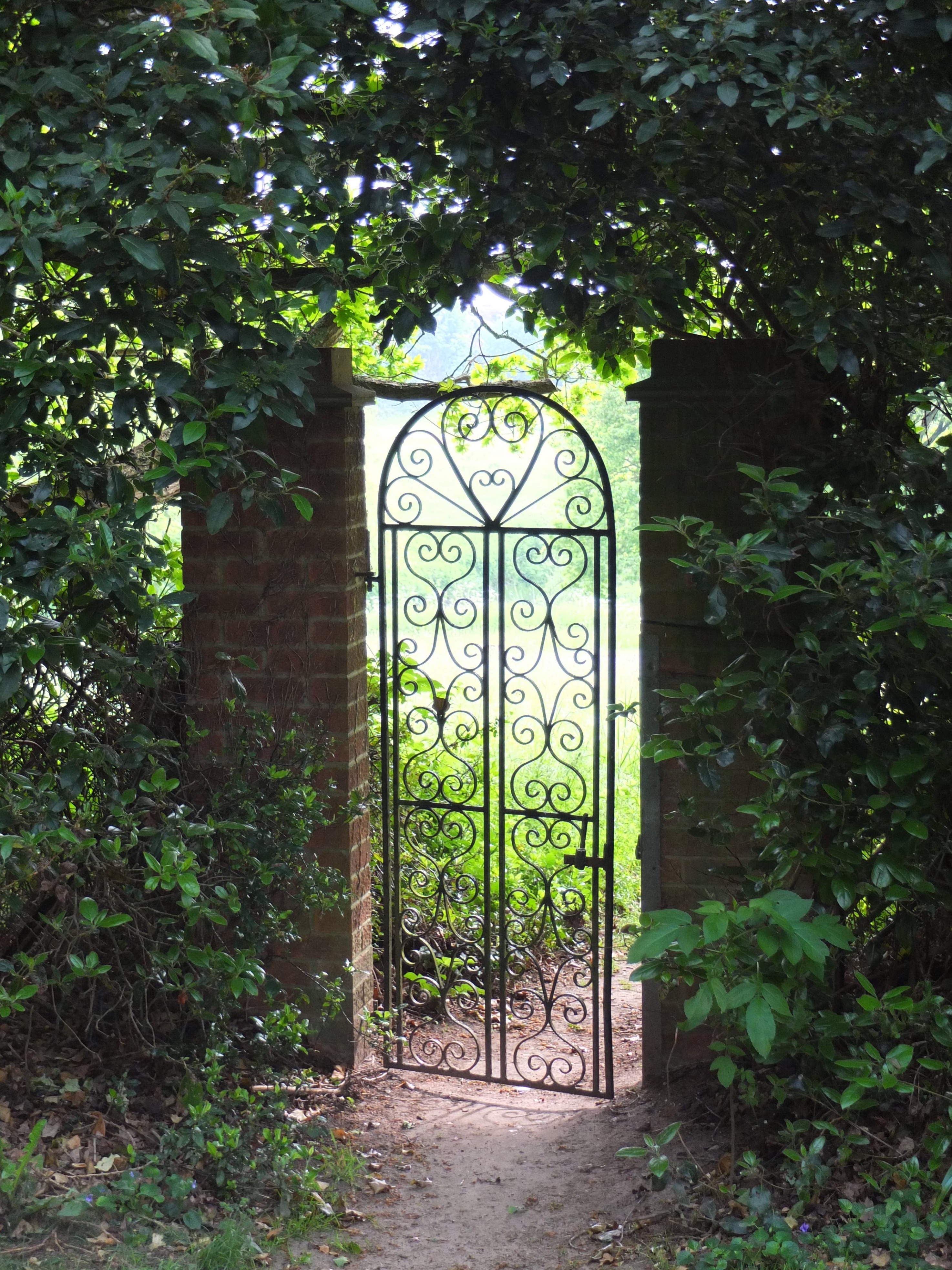 The School’s annual outing to St Paul’s Cathedral to celebrate its foundation took place late last week. I was – as ever – an eager participant in this expedition.
The School’s annual outing to St Paul’s Cathedral to celebrate its foundation took place late last week. I was – as ever – an eager participant in this expedition.
My pleasure at being able to re-visit what has become such a significant symbol in my own personal mythology (a grateful prayer of thanks was once again offered on the spot directly under the centre of the dome) is always augmented by the slightly perverse delight that I take from the absurdity of transporting the entire population of two schools (our sister school joins us for the day) across the breadth of London in a fleet of coaches for a fifty minute ceremony. The logistics are a nightmare and the journey takes at least three times as long as the service itself.
Apparently in days of yore the pupils were simply instructed to make their own way to the cathedral – being given no more than a time to be outside the west door and a strict admonition not to be late. I find it rather sad that such a practical course is – in these health and safety obsessed times – no longer viable.
The form that the service itself takes barely varies from year to year. Having in my pre-pubescent existence played the part of the boy chorister, I do still enjoy the chance to belt out some of the hymns with which I fell in love and which were largely responsible for my later and lasting involvement with music.
One such much-loved chorale is the setting of Sir Cecil Spring Rice’s 1908 poem – “I Vow to Thee my Country” – to the music of Gustav Holst – specifically to an extract from his “Jupiter” movement from “The Planets” suite. This stirring hymn makes frequent appearance at our Founder’s Day ceremonies largely because Holst was for an extended period employed as the Musical Director at our sister school.
Spring Rice’s poem – written whilst he was serving at the British embassy in Stockholm and originally entitled “Urbs Dei” (“City of God”) – was at first quite unlike the version that we know today. In 1912 Spring Rice was appointed Ambassador to the United States of America and in that role played an instrumental part in persuading the US to abandon its neutrality in the Great War. Shortly before returning to the UK in January 1918, Spring Rice re-wrote and renamed the poem, significantly altering the first verse to reflect the huge losses suffered by British soldiers during the intervening years. What had been the first verse morphed to become a second verse that is now widely disregarded.
In 1921 Holst was commissioned to set the poem to music. He was, at the time, extremely busy and was relieved to discover that – with only minor modification – the grand theme from “Jupiter” fitted the lyric well enough. Upon such small ‘accidents’ great moments of genius do often seem to hang.
Finding myself in harmony with a two thousand voice impromptu choir for “I Vow to Thee my Country” in the sublime setting of St Paul’s Cathedral last week proved such an unexpectedly emotional experience that I found myself struggling to give voice at all to the second verse. I was sufficiently moved that I find I must needs say more on the subject…
…but that can wait for a second post…


Recent Comments